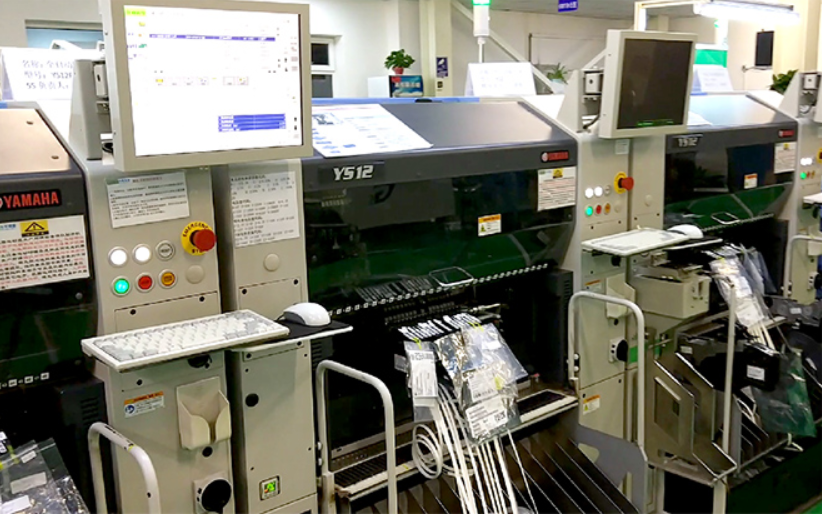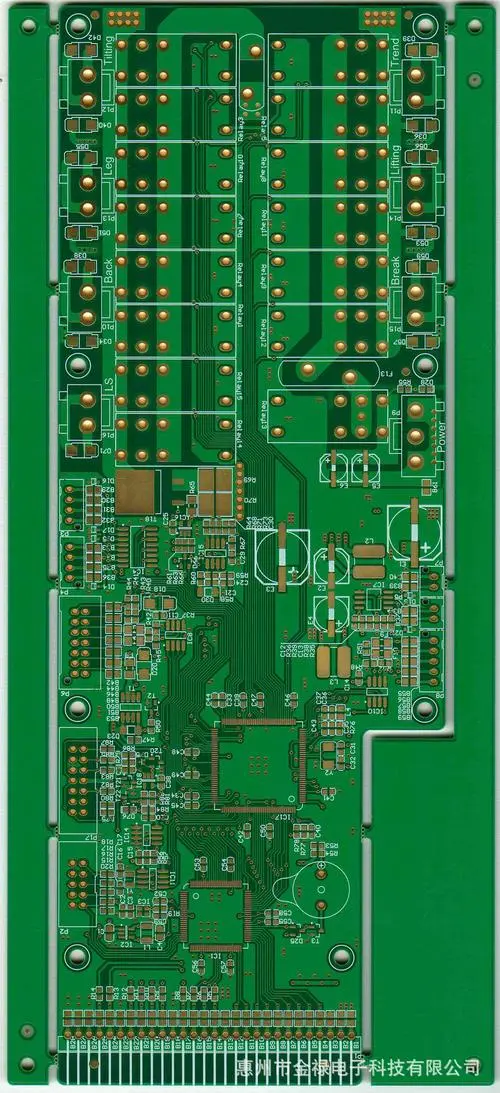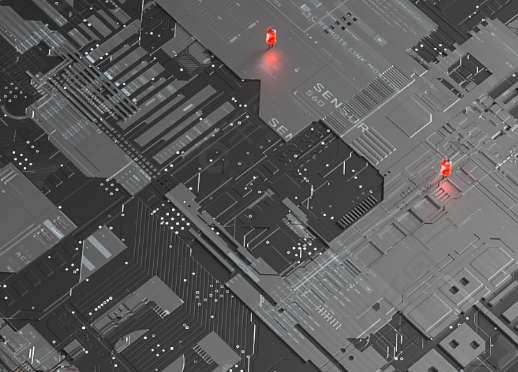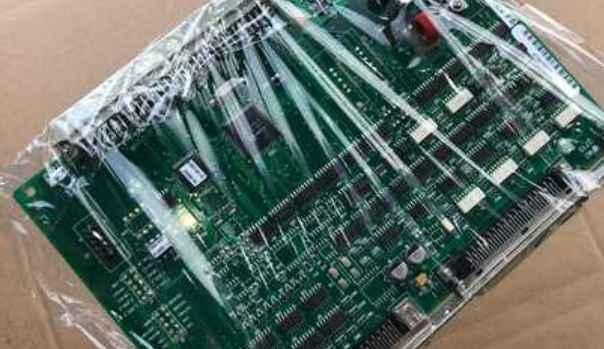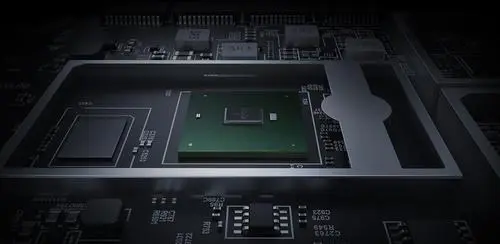
What is a cableFPC
Cable, also known as flexible circuit board (). It is used for data transmission of moving parts and active areas according to industry specifications, such as wiring rules, line sequence, line color and line number. The data cables between the data cables and the connecting equipment are collectively referred to as flat cables. Flat cables are mainly divided into two types: round ends (R-FFC for short, used for direct welding) and flat ends (FFC for short, used for inserting sockets). It is most suitable for data transmission cables between mobile parts and mainboards, board to board, and small electrical equipment. Because the price of FFC cable is superior to FPC (flexible printed circuit), its application will be more and more extensive. In most places where FPC is used, FFC can basically be used.
FPC cable
Cable characteristics
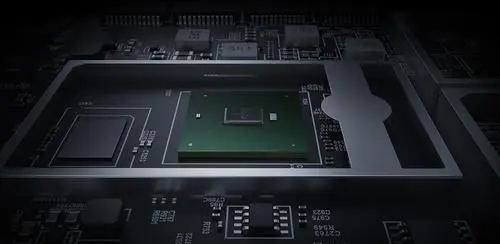
1. The cable is small in size and light in weight. The original design of the cable board was to replace a larger harness. On the current cutting-edge electronic device assembly board, the cable is usually the only solution to meet the requirements of miniaturization and mobility. Cable (sometimes referred to as flexible printed circuit) is a copper circuit or a printed polymer thick film circuit etched on a polymer substrate.
Circuit board
For thin, light, compact and complex PCB devices, design solutions range from single-sided wires to complex multi-layer 3D assembly. Compared with the traditional round harness method, the total weight and volume of the cable are reduced by 70%. The cable can also be strengthened by the use of reinforcing materials or pads to obtain additional mechanical stability.
2. The cable can be moved, bent and twisted without damaging the wire, and can conform to different shapes and special packaging sizes. The only limitation is volume space. Because it can withstand millions of times of dynamic bending, the cable can be well applied to the interconnection system with continuous or regular motion, and become a part of the function of the final product. Solder joints on rigid PCB are affected by thermal stress and mechanical stress, and will fail after hundreds of cycles. Jenny, product manager of EECX, said: "It requires electrical signal/power supply to move. Some PCB products with smaller overall dimensions/package dimensions benefit from flat cables."
3. The cable has excellent electrical performance, dielectric performance and heat resistance. The CEO of LT Electronic said: "Low dielectric constant allows fast transmission of electrical signals; good thermal performance makes PCB components easy to cool; high glass transition temperature or melting point makes components work well at high temperatures."
4. The cable has high assembly reliability and quality. The cable reduces the hardware required for internal connection, such as solder joints, trunk lines, backplane lines and cables commonly used in traditional electronic packaging, so the cable can provide higher assembly reliability and quality. Because the traditional interconnection hardware composed of multiple complex systems is prone to high component misalignment when assembled. Make a thud. Wu, Marketing Manager of EECX Electronics Department, said: "The cable has low rigidity and small size. It is precisely because the size of the cable plate assembly is small, so less materials are used." With the emergence of quality engineering., A very thin flexible system is designed to be assembled in only one way, thus eliminating many human errors usually associated with stand-alone cabling projects.
Cable characteristics
What is FFC cable
FFC cable is also called flexible flat cable. The number and spacing of wires can be freely selected, which makes the connection more convenient, greatly reduces the volume of electronic products, reduces the production cost, and improves the production efficiency. It is best suited for moving parts and motherboards. PCB boards are used as data transmission cables between PCB boards and in micro electrical equipment. Common specifications include flexible cables with various spacing, such as 0.5mm, 0.8mm, 1.0mm, 1.25mm, 1.27mm, 1.5mm, 2.0mm, 2.54mm, etc.
Ffc cable
What is FPC cable
FPC cable is a cable group that can be bent to a certain extent. FPC can be divided into several types according to functions


